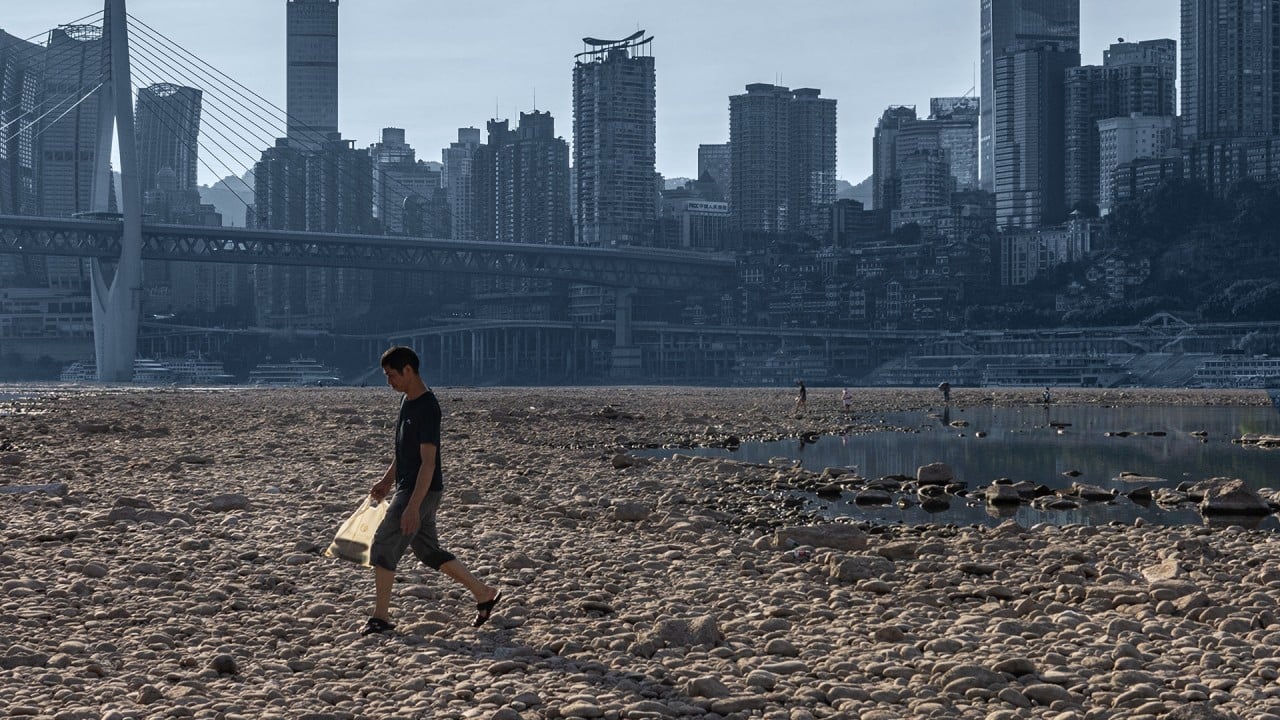
Explainer | After China’s ‘two sessions’, here are 8 areas in which Beijing will have its work cut out
- From real estate and infrastructure to e-commerce and self-sufficiency, China’s policymakers have a range of hot-button issues on their plate this year
- New government term officially kicked off this month, with institutional, legislative and policy changes that will map out China’s economic path for years to come
In his first press conference as premier on Monday, Li attempted to boost confidence by reiterating policymakers’ commitments to greater market access, pointing to his past work profile in China’s economic powerhouses of Zhejiang and Shanghai.
With the annual “two sessions” parliamentary gathering ending last week, the new government term has kicked off, and changes have been introduced in institutional structure, legislation and policy – all of which look to have far-reaching implications for industries across China.
Li Qiang launches drive for confidence in China’s private economy
Real estate
The government has taken measures since last year to improve the balance sheets of property developers and to stimulate property purchases, while regulators also pledged to prevent the “disorderly” expansion of capital in the property sector to promote its stable development.
Real estate investments in January and February continued to fall, but the pace has slowed for the first time since 2021. However, a rapid rebound appears unlikely.
“Whether the current rebound can gain momentum will depend on prospective homebuyers feeling confident enough to tap the huge amount of excess savings they amassed during the pandemic,” a report from investment management company Fidelity International said on March 9.
“Even if homebuyers return en masse, the days of runaway housing booms are unlikely to return,” the report said.
Research and development
The revamp of the Ministry of Science and Technology was a major highlight in the government-restructuring plan introduced during the two sessions.
After the restructuring, the ministry will “strengthen strategic planning” and “accelerate the implementation of scientific achievements”, according to the official plan. Such consolidation is expected to channel more resources toward research and achieving breakthroughs, with the goal of moving faster towards “self-reliance” to reduce China’s dependency on foreign technology.
Beijing has also encouraged enterprises to invest in research and development by offering tax incentives and funding support.
‘He has room to do something great’: what to expect from China’s next premier
Infrastructure
Beijing will continue to push investment in traditional infrastructure, such as transport, electric power supplies and water projects, to drive both job creation and economic growth.
New energy
Beijing also aims to reduce carbon emissions as part of its green transition. Green energy, such as solar and wind power, will continue to receive government support.
Leadership will also strengthen systems for energy production, supply, storage and marketing, according to the report by the National Development and Reform Commission (NDRC).
But China will continue to rely heavily on coal for its power needs.
An analysis from Iris Pang, ING’s Greater China chief economist, said the NDRC report emphasises the long-term growth of the social and corporate governance (ESG) industry, and the sector will get more investment capital from government support measures, as well as from the private sector.
“Growth rates in these industries should be high,” Pang said. “But our concern is that of overheating, if such support from the government lasts for more than three years,”
The act restricts EV companies from applying for subsidies if their supply chain includes batteries from a “foreign entity of concern”, which includes China.
The creation of the National Data Bureau … does nothing to clear up recent confusion surrounding data security compliance
Data
But the government is expected to continue to boost investment in big data, 5G and the Internet of Things, while also strengthening the availability of computing resources, from coastal regions to inland areas.
Yet, little is known about the bureau’s role in protecting data privacy, nor in data security compliance – concerns that companies have had when operating in China.
“The creation of the National Data Bureau is a culmination of China’s recent efforts to create a national data strategy. However, this does nothing to clear up recent confusion surrounding data security compliance,” Tom Nunlist, a senior analyst of tech and data policy with analytical firm Trivium China, said on Twitter.
He also said that this change would not be an end to multinational companies’ “struggles” in this respect.
China reveals plans for data enforcement super agency
Healthcare
While it gave little mention in government reports of how to address falling birth rates in a rapidly ageing society, Beijing is expected to strengthen China’s pharmaceutical industry and enhance support for sectors providing medical devices and care for the elderly.
Financial regulators also said during the two sessions that they may consider boosting the development of the commercial pension fund as a means to reduce the financial pressure facing the ageing population.
China’s former central bank chief sounds alarm over pension dangers
Seeds and self-sufficiency
Top leaders have reiterated the need to double down on efforts to address weak links in agriculture, especially seeds, as the sense of urgency surrounding food self-reliance has been heightened amid the Ukraine crisis and US-China tensions.
Major progress in domestic seed innovation has been listed as the top agricultural task this year.
The agricultural ministry also said it will provide subsidies to support the production of corn and soybeans.
Consumption
Beijing has prioritised reviving consumption this year, with vows to support private enterprises.
E-commerce is also expected to enjoy a boost as it becomes more ubiquitous in rural areas.


